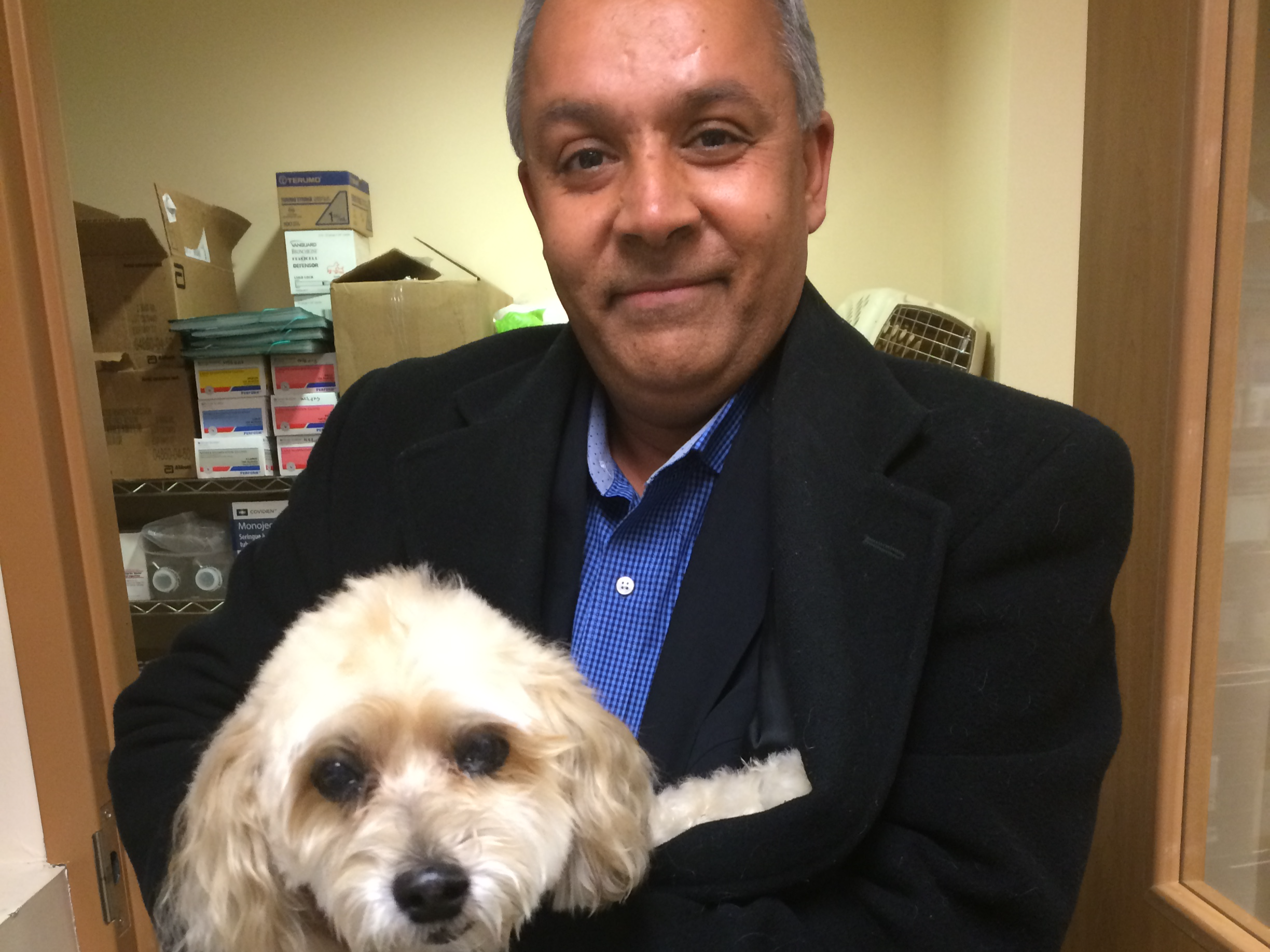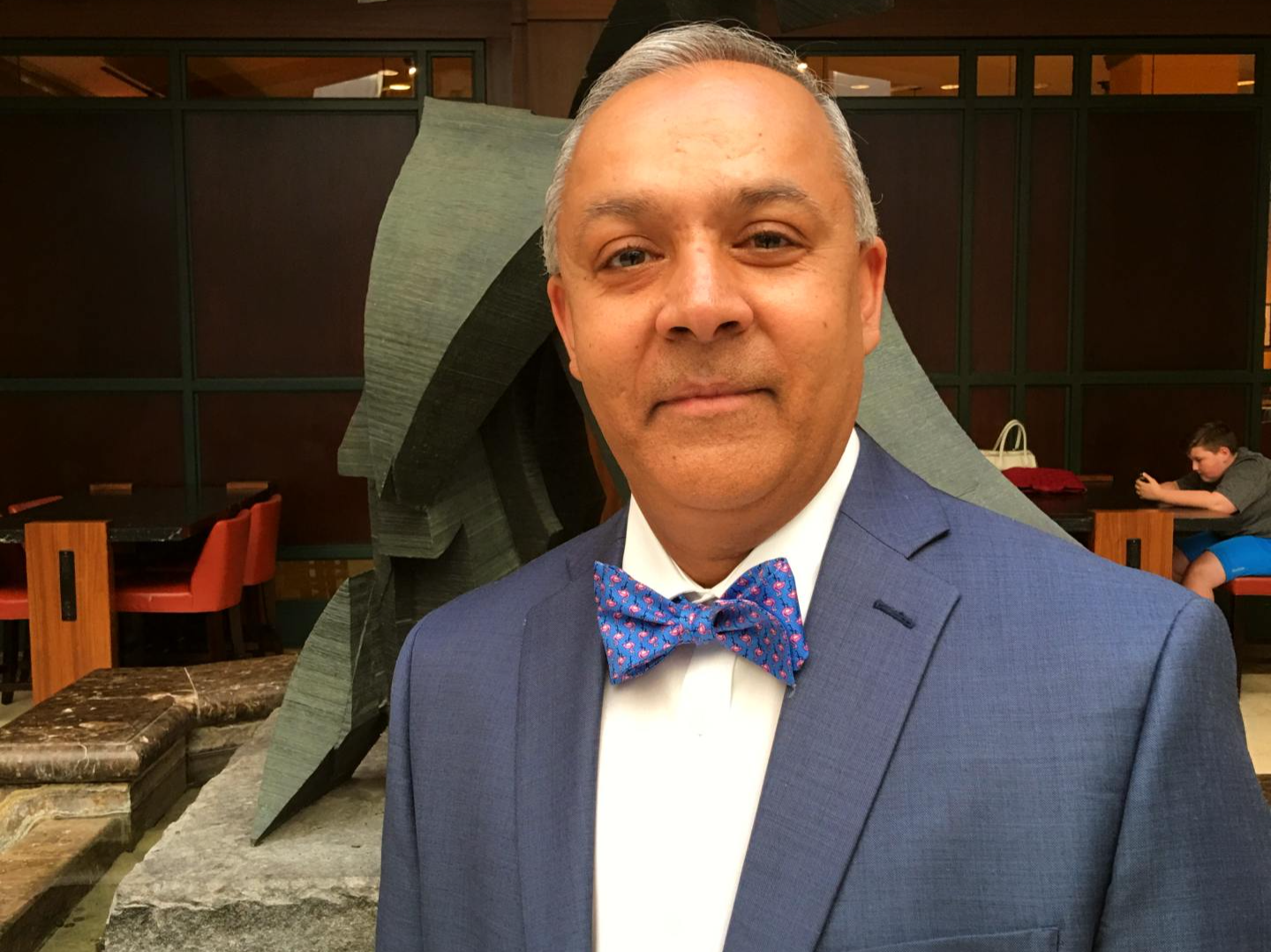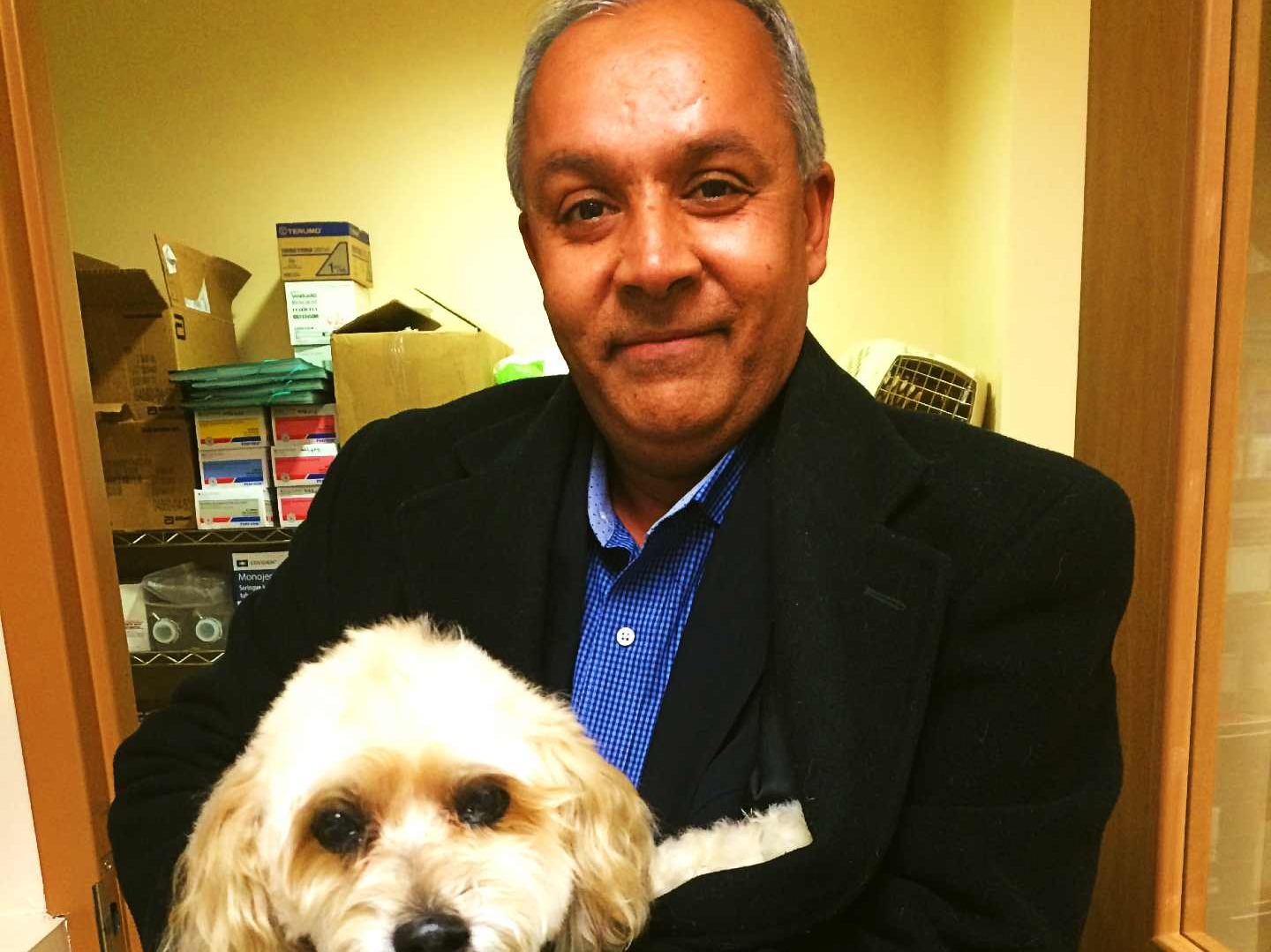Navigating the Pathways to Dementia Management by Dr. Ashok J Bharucha

Dementia, a complex and multifaceted condition, presents unique challenges for individuals and their families as they navigate its progression. While there is no definitive cure, many strategies exist to manage and mitigate its impact on cognitive function and quality of life.
As Dr. Ashok J Bharucha explained, one crucial aspect of dementia management is fostering a supportive and understanding environment. Educating oneself and loved ones about the condition can help demystify its symptoms and behaviours, fostering empathy and reducing stigma. Open communication within families and support networks can facilitate collaboration in caregiving and decision-making, alleviating some of the emotional burden associated with dementia.
Furthermore, establishing routines and structures can provide stability and predictability for individuals with dementia. Creating a familiar environment, minimizing distractions, and maintaining consistent daily schedules can help reduce confusion and agitation, promoting a sense of calm and well-being.
Moreover, embracing adaptive technologies and assistive devices can enhance independence and safety for individuals with dementia. From medication reminders and GPS tracking devices to home automation systems and communication aids, these tools can help individuals navigate daily tasks and maintain a sense of autonomy for as long as possible.
Additionally, engaging in meaningful activities tailored to individual interests and abilities can enrich the lives of those with dementia. Whether it's reminiscing through photo albums, listening to music, or participating in art therapy programs, these activities can provide a sense of purpose, connection, and joy amidst the challenges of dementia.
Caregiver support is also essential in dementia management. Caring for a loved one with dementia can be physically and emotionally demanding, leading to caregiver burnout and stress. Seeking respite care, joining support groups, and accessing professional counselling or caregiver training can help caregivers cope with their challenges and prevent caregiver fatigue.
Furthermore, staying vigilant about medical management and treatment options is crucial in dementia management. While there is currently no cure for dementia, medications and therapies aimed at managing symptoms and slowing disease progression may be available. Regular medical check-ups, medication reviews, and discussions with healthcare providers help ensure individuals receive appropriate care tailored to their needs.
Lastly, maintaining a sense of hope and resilience is paramount in navigating the dementia journey. While the road may be fraught with uncertainties and challenges, focusing on moments of joy, connection, and gratitude can help individuals and their families find meaning and purpose amidst the complexities of dementia.
Dementia management requires a comprehensive and holistic approach that encompasses physical, emotional, and social well-being. By fostering understanding, embracing adaptive strategies, engaging in meaningful activities, and accessing support, individuals and their families can navigate dementia pathways with resilience, compassion, and dignity.








